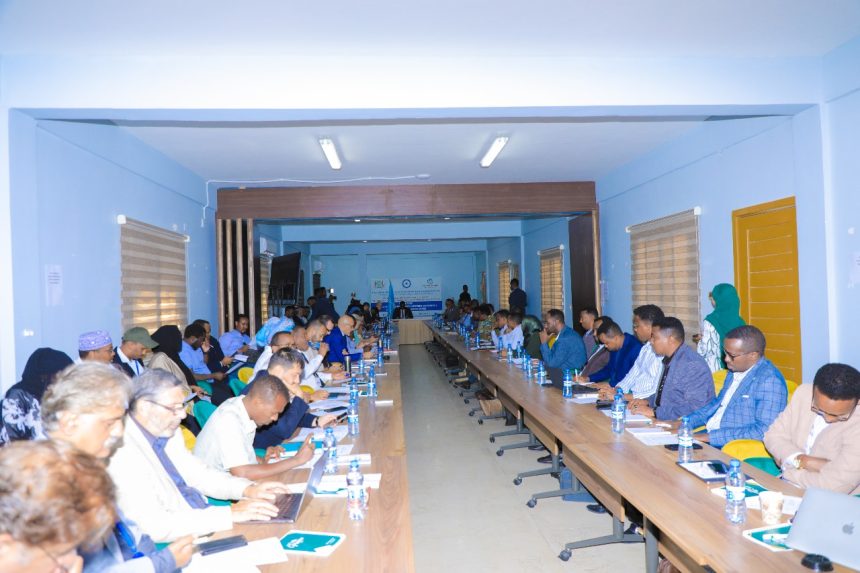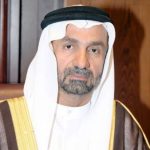Mogadishu(SONNA)-The Somalia Disaster Management Agency through the World Bank Financed Somalia Crisis Recovery Project (SCRP) launched findings of an emergency preparedness and response (EP&R) capacity assessment aimed at strengthening the country’s resilience against natural hazards and humanitarian crises.
The high-level event was graced by the Deputy Prime Minister of Somalia, H.E Salah Jama and attended by representatives from the Somalia’s Development Partners including the UK’s Foreign, Commonwealth and Development Office (FCDO), the Swedish International Development Cooperation Agency (SIDA), the World Bank, United Nations agencies as well civil society organizations. Representatives from Somalia’s Federal Member States were also present.
“This assessment provides a baseline to guide our investments and reforms. By improving early warning systems, response coordination and disaster risk financing, we can help save lives and livelihoods when droughts, floods and disease outbreaks threaten communities,” said H.E. Salah Jama, Deputy Prime Minister of the Federal Republic of Somalia.
The Ready2Respond diagnostic methodology was used to evaluate five core components of Somalia’s EP&R system – legal frameworks, information systems, response facilities, emergency equipment, and response personnel. Over 25 interviews were conducted with government agencies, United Nations organizations, and humanitarian groups involved in disaster management.
“The findings give us a clear roadmap to develop policies, build infrastructure and train our workforce. We are committed to coordinating response across all levels of government and working closely with international partners through the National Emergency Operations Centre,” said Mohamud Moallim, Commissioner for Somalia Disaster Management Agency.
Key recommendations include establishing disaster legislation, clarifying institutional roles, strengthening early warning systems, upgrading emergency operations centers and logistics hubs, and increasing training and drills for response staff. With funding support from the World Bank, priority investments will be implemented over the coming years.
“This assessment is an important step toward building a more resilient Somalia. The World Bank is already supporting FGS in implementing immediate needs to support the Federal Government in implementing recommendations to close critical gaps and strengthen Somalia’s capacity to prepare for and respond to disasters,” said Kristina Svensen, World Bank Country Director for Somalia.
The Federal Government and humanitarian community will use these findings to update national disaster risk management plans and guide preparedness projects, with the goal of protecting vulnerable communities from future climate and health crises.
“I commend the Federal Government and World Bank for undertaking this important assessment to evaluate Somalia’s emergency preparedness systems,” said George Conway, UN Resident & Humanitarian Coordinator. “The recommendations provided will help strengthen coordination and planning between national authorities and humanitarian partners, enabling a more effective response to save lives when disasters strike.
The World Bank’s Somalia Crisis Recovery Project provided technical and financial support for the assessment. Haris Khan, Senior Disaster Risk Management Specialist and Task Team Leader for the project, spoke about the importance of the findings.
“There is a need for a framework and shared vision among all stakeholders and the need to transition from a reactive crisis response to a more pro-active, ex-ante and holistic approach. We hope that the EP&R assessment and $79 million investment plan is a step in that direction” said Haris Khan, Senior Disaster Risk Management Specialist and Task Team Leader for the Somalia Crisis Recovery Project.





